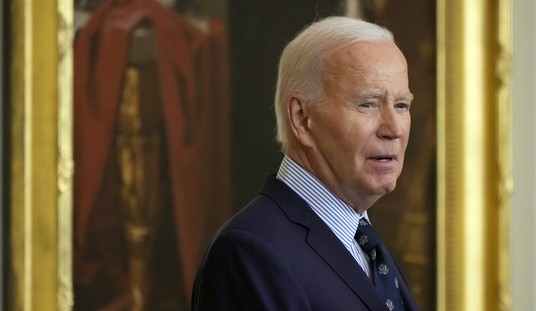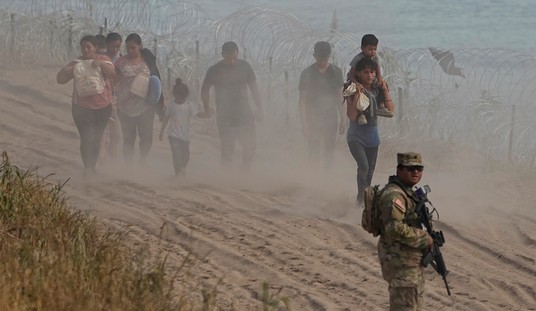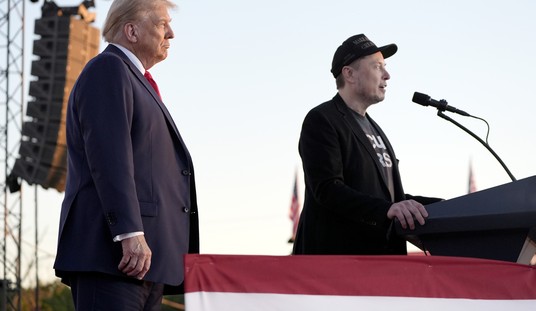When paramedics from the Coral Springs-Parkland Fire Department sought to enter Marjory Stoneman Douglas High School after the shooting on February 14, they were blocked from entering by a Broward Sheriff’s Office (BSO) deputy in charge of the scene, according to a report by the Miami Herald.
The shooting would ultimately claim the lives of 17 students and teachers, and leave another 17 wounded.
Gunshot wounds can cause a rapid and catastrophic loss of blood, necessitating quick medical attention, a fact well-known by the paramedics who responded to the scene.
Michael McNally, deputy chief for Coral Springs fire-rescue, told the Herald that their practice when people need medical attention but the situation remains dangerous is to send in “Rescue Task Force” teams (RTF) that are comprised of three paramedics and three to four law enforcement officers.
On February 14, McNally requested permission to send RTF teams into the school building six times from Jan Jordan, the BSO captain in charge of the scene, and each time was denied.
From the Herald‘s report:
“The [BSO] incident commander advised me, ‘She would have to check,’ ” McNally wrote in the report released Thursday by Coral Springs. “After several minutes, I requested once again the need to deploy RTF elements into the scene to … initiate treatment as soon as possible. Once again, the incident commander expressed that she ‘would have to check before approving this request.’ ”
Even after the shooter had been arrested, the answer remained the same.
What’s the point of an “incident commander” if they have to “check” with someone offsite before they can authorize entry by first responders?
McNally’s report had additional criticisms of BSO’s management of the scene, characterizing it as severely dysfunctional, with difficulty communicating between Coral Springs fire command and BSO, and often being unable to locate Jordan. Similar criticisms were made regarding the BSO’s response to a shooting at the Fort Lauderdale airport last year.
There’s no way to know for sure whether the RTF paramedics would have been able to save any of the victims who died, but the story is yet another example of the BSO making questionable decisions on the day of the shooting that added to the confusion at the scene and delayed first responders’ access to the victims.
Most notable of these poor decisions was the four BSO deputies — including Scot Peterson, the school resource officer assigned to the Stoneman Douglas campus — who failed to enter the building during the shooting, and also attempted to order Coral Springs police who arrived at the scene to remain outside. (Parkland is a small town that borders the larger Coral Springs, and while BSO has jurisdiction for law enforcement, the Coral Springs Police Department also provides assistance, especially in a major emergency situation like the February 14th shooting).
Because of this, and a long list of other problems (dozens of visits to the shooter’s home by BSO deputies that never resulted in an arrest, the county’s policy of avoiding juvenile arrests even for serious and violent crimes, the shooter’s brother being arrested on campus and a BSO deputy getting caught sleeping while on duty that same day at Stoneman Douglas, for starters), Broward Sheriff Scott Israel has faced a growing roar of demands for him to resign. The union representing his deputies delivered an overwhelming vote of “no confidence” against him in April, and Gov. Rick Scott (R-FL) ordered the Florida Department of Law Enforcement (FDLE) to investigate the BSO’s actions leading up to and during the shooting.
Again, there is no way to say for certain that allowing the paramedics to enter the school building earlier would have saved lives, but it is a fact that gunshot wounds require quick medical attention. The RTF teams train specifically for entering dangerous situations and were well aware of the risks involved. BSO’s excuse for denying them entry — that they were unsure where the shooter was located and did not want to put the paramedics in danger — misses the entire point teams like this are formed.
The heartbreaking reality we are learning is that from their failure to monitor and respond to the shooter’s dangerous and disruptive behavior, to their delay in entering the building and efforts to prevent other law enforcement and first responders from entering, the BSO’s leadership made decisions on that tragic February day that may have added to the loss of life. That is a failure of training, a failure of leadership, and — as evidenced by Israel’s ridiculous grandstanding efforts to demonize the NRA and deflect blame on anyone but himself and his agency — a failure of accountability.
Oh my God. How do you sleep at night, Sheriff Israel? https://t.co/4mB45MY5Sb
— Sarah Rumpf (@rumpfshaker) June 1, 2018
Follow Sarah Rumpf on Twitter: @rumpfshaker.
[Cross-posted at The Capitolist.]














Join the conversation as a VIP Member